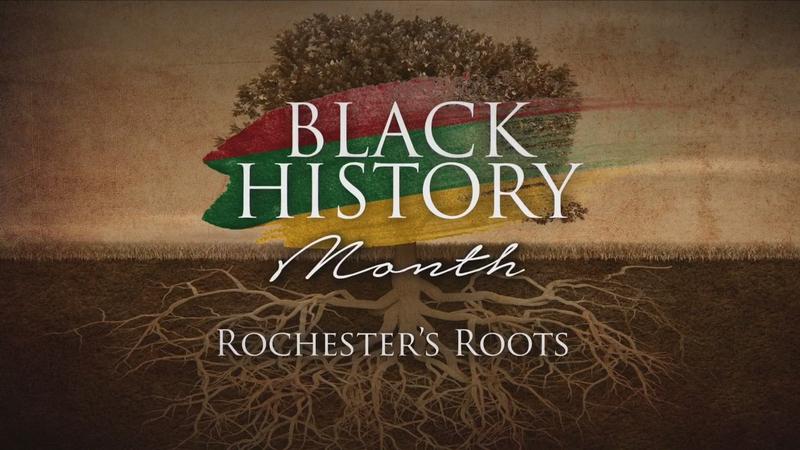Educators weigh in on how Black history should be handled in local schools
[anvplayer video=u00225003751u0022 station=u0022998131u0022]
ROCHESTER, N.Y. (WHEC) — With so many historic events happening in 2020 and 2021, education and the way students are taught about Black history is at the forefront.
Raven Brown spoke with prominent educators in Monroe County who reflected on how teaching Black history has evolved through the years, hoping to be the changemakers.
“I knew for me, education made the difference,” educator Brittany Rumph said.
Rumph grew up in inner-city Rochester, and as a Rochester City School graduate, she had a front-row seat watching how education has evolved.
“When we think about children growing up in a school that isn’t very diverse with both staffing and in students, you realize that something is missing that children will grow up with, and then they will grow up into a world with misconceptions, which has led our nation to where we are now,” Rumph said.

[News10NBC]
She has been in education for the last 11 years and is now building her own school, the proposed Rochester Excellence Academy, which is projected to open in August 2022.
“We developed a school that is geared at building the foundation for our students in both literacy and math, but also paying attention and realizing the social and emotional health of our students is just as important as academics,” Rumph said.
Social and emotional health are the key focuses following several high-profile incidents involving police, along with Black Lives Matter protests over the summer and the 2021 insurrection at the U.S. Capitol in Washington, DC.
Rumph and other educators said teaching the right language and portrayal of situations can make a difference.
“It is critically important that we embed Black history, and it really is both ends,” Rochester City School District Superintendent Dr. Lesli Myers-Small said. “It needs to be embedded, and it needs to be studied as a standalone.”
She said it goes further back than starting with slavery and what is happening in the present-day that many generations have yet to be taught.
“We were kings, and we were royalty, and that often is not focused on, and that’s not often a context,” Myers-Small said. “So, we have to work really hard to make sure that history is portrayed.”
Superintendent of East High Dr. Shaun Nelms reflected on how and to what extent teaching has evolved since he was in school.
“When I grew up in Buffalo, New York, the contributions of Black and Brown individuals and people of color was part of our core curriculum,” Nelms said. “So, I grew up assuming that all students were learning this. I went to a neighborhood school that was part of the Black community, and it wasn’t until I got to college, and I was a history major in college, that I realized that those around me had no idea about the contribution of Black Americans as a part of Black history.”
He said Black history is more than the negative, and now is the time to correct what has been omitted over the years.
“Make sure that what we’re teaching is balanced and what we’re teaching truly reflects the contributions of all, and I think that’s the goal at this point, to tell the truth, and not pretending that a white-washed history truly reflects who we are,” Nelms said.
“Where do you hope, five years from now, we will be at?” Brown asked.
“The contributions of individuals are duly noted in the curriculum, and they’re duly assessed right at the end of the year, whatever that looks like,” Myers-Small said.
“Five years from now, I would like to see equity in schools,” Rumph said. “The pandemic came around and just highlighted inequities that were already there.”
The common goal is to turn to the page, where Black history is just history itself.
Earlier this year, Monroe County schools also announced they are changing the curriculum to focus on issues of equity and social justice.
Learn more about Rochester’s Roots here.